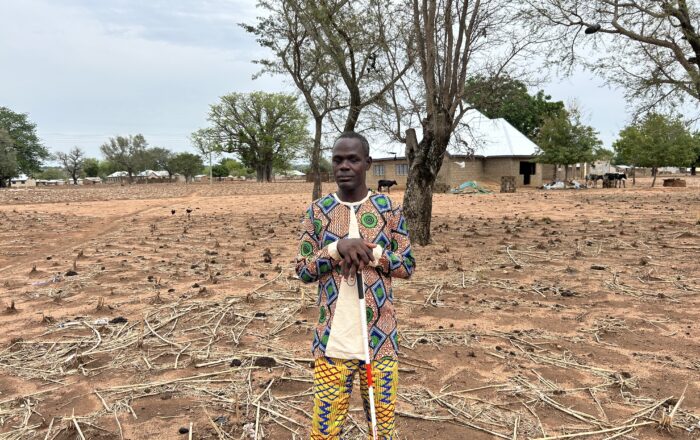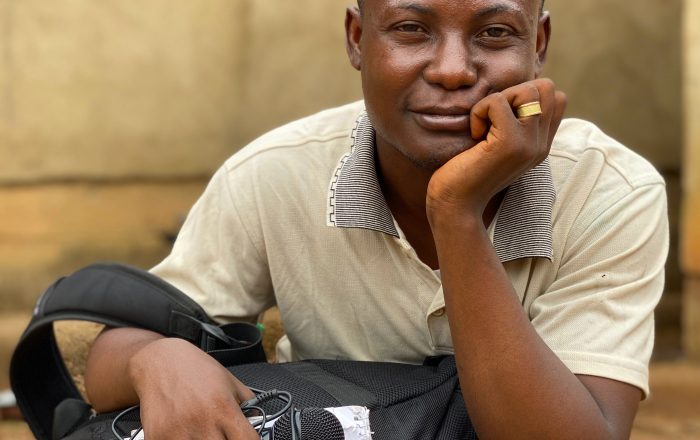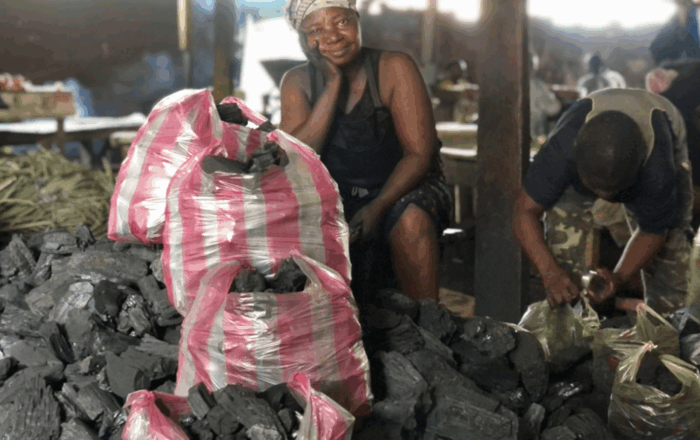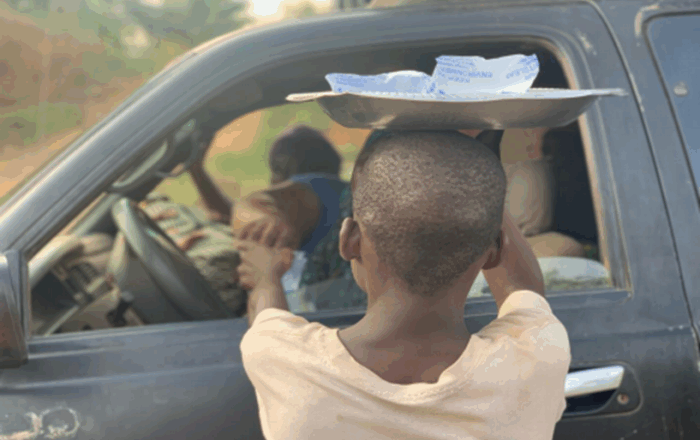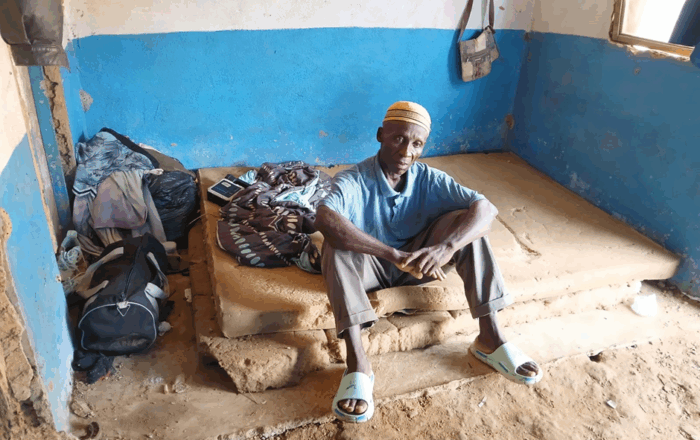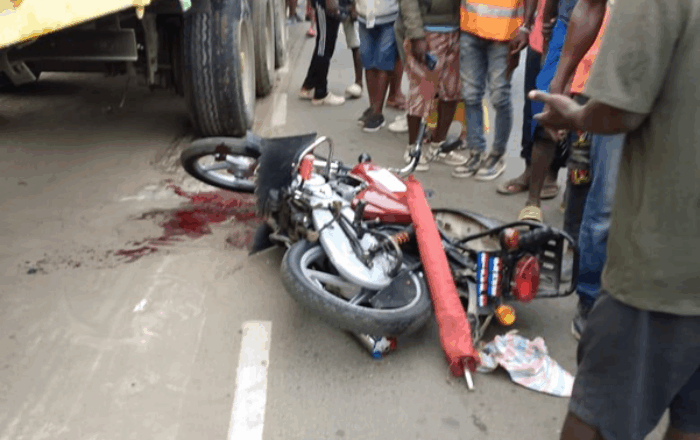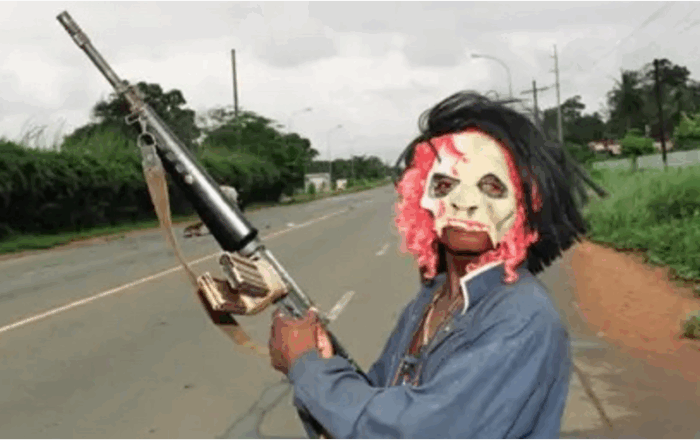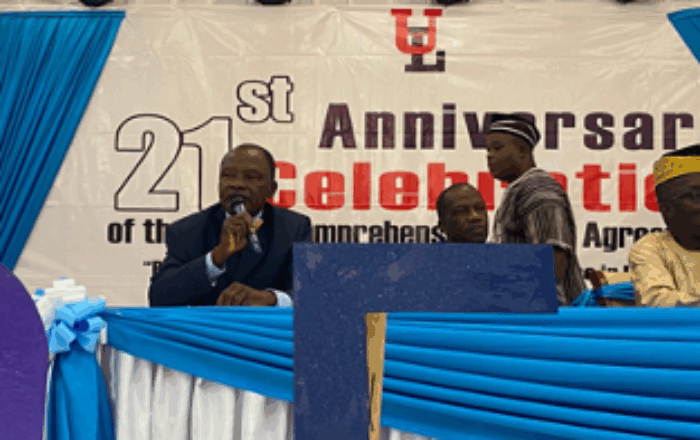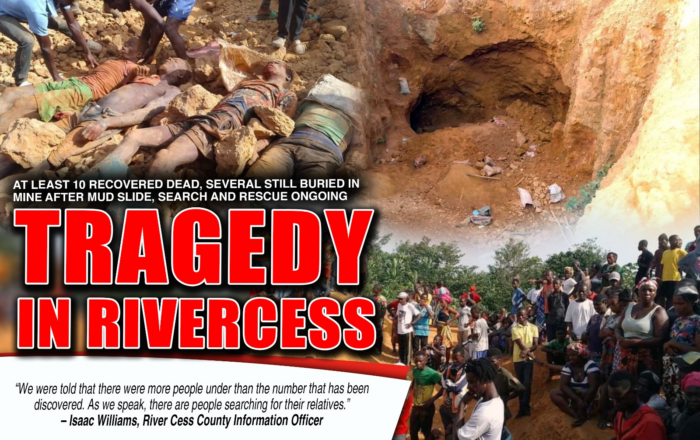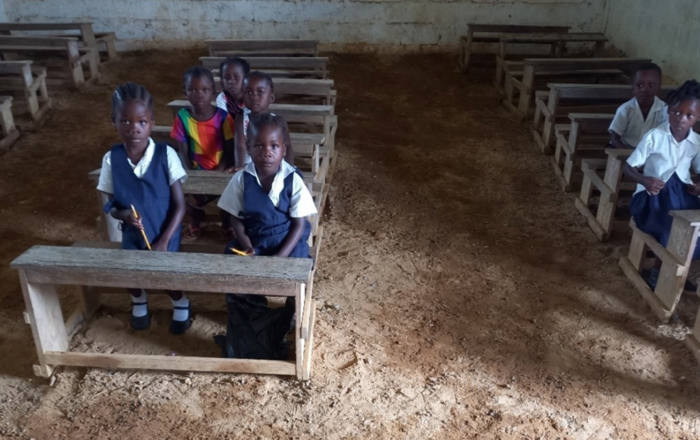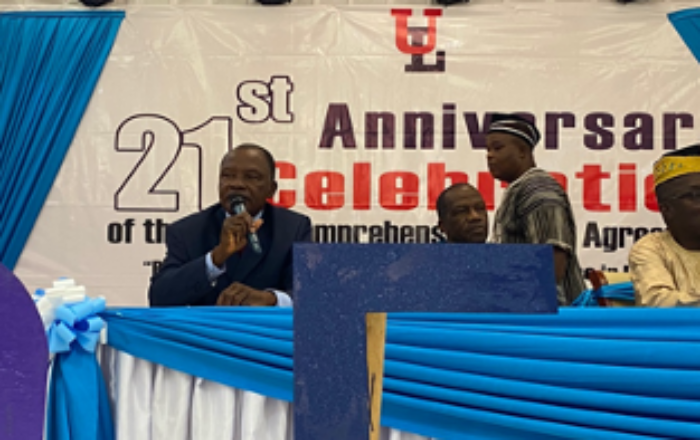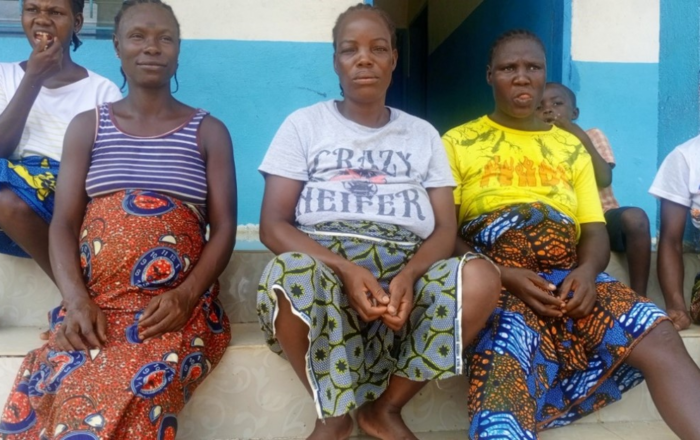Climate Change Is Making Life Harder For All Farmers – For Ghana’s Farmers With Disabilities It Can Mean Devastation
By Jennifer Ambolley Summary: By Jennifer Ambolley BALUNGO, Upper East Region –Asoke Douglas Aganawini rises with the sun each day in this remote community in the far northern part of the country. Climate change has pummeled farmers here with unpredictable rainfall and higher temperatures. But for Asoke it’s been particularly hard. The 45-year-old began losing…

